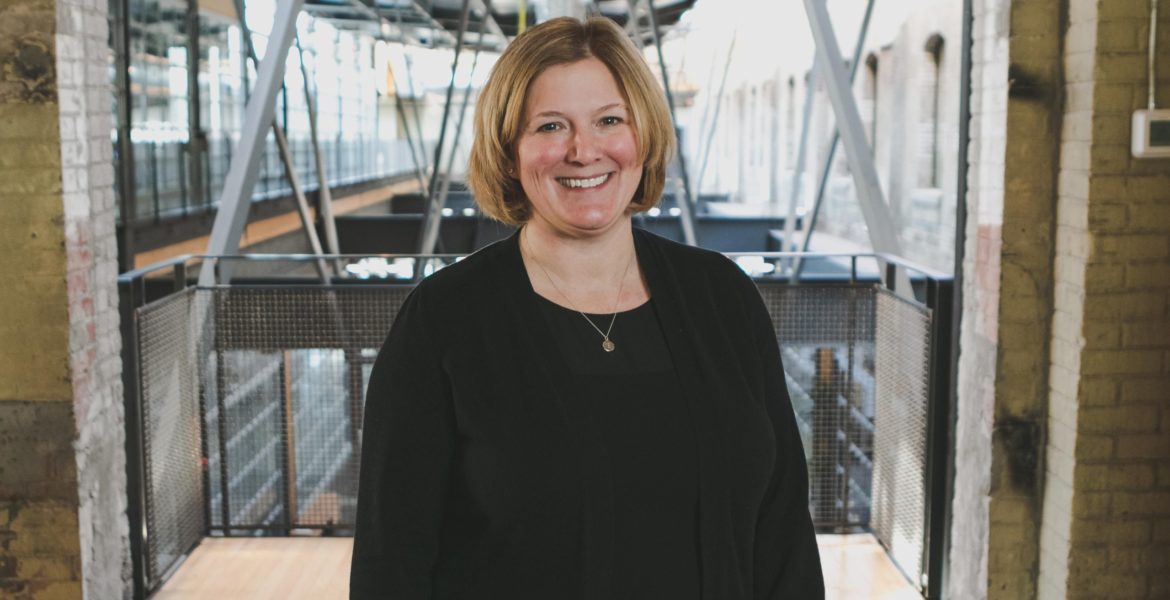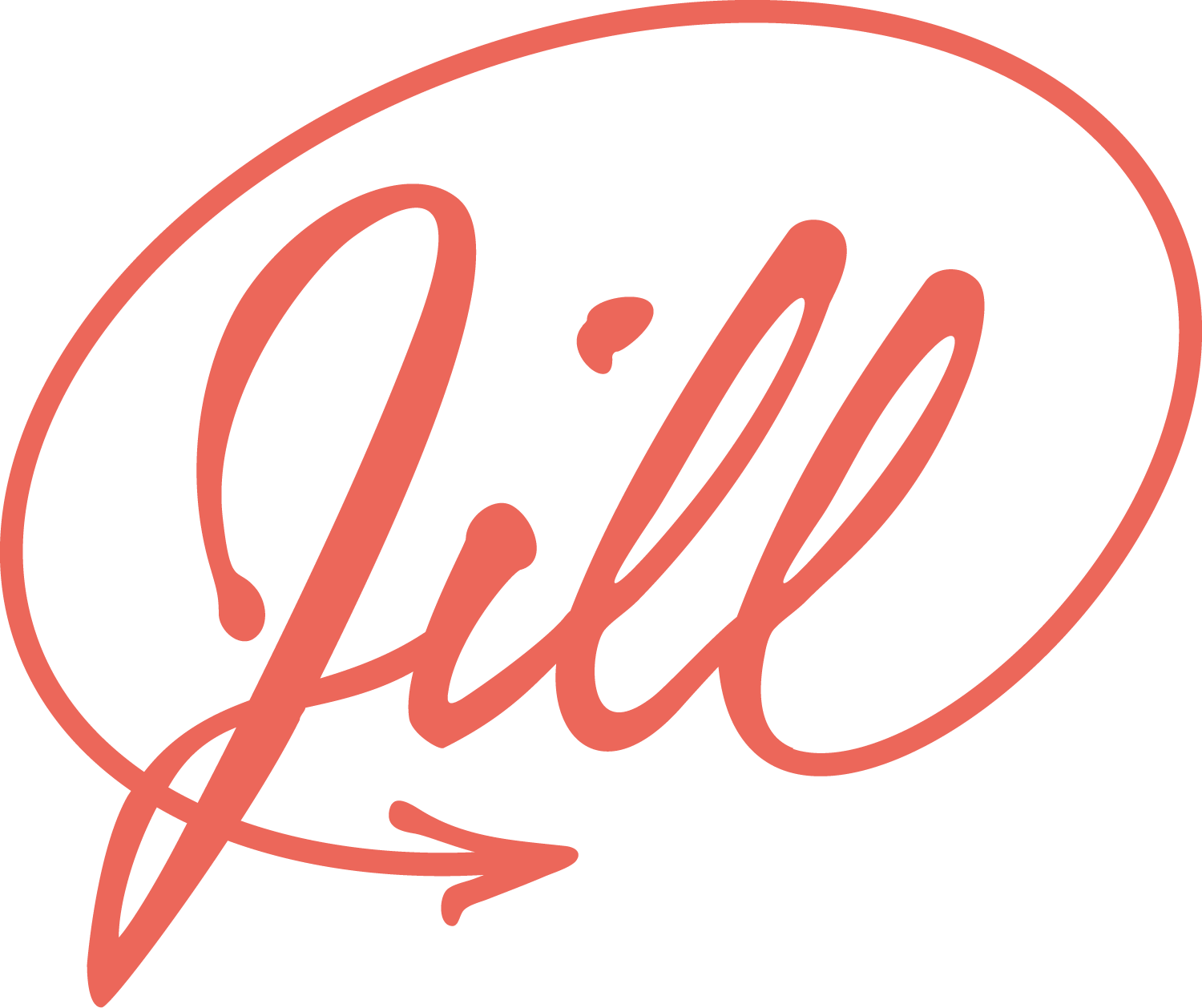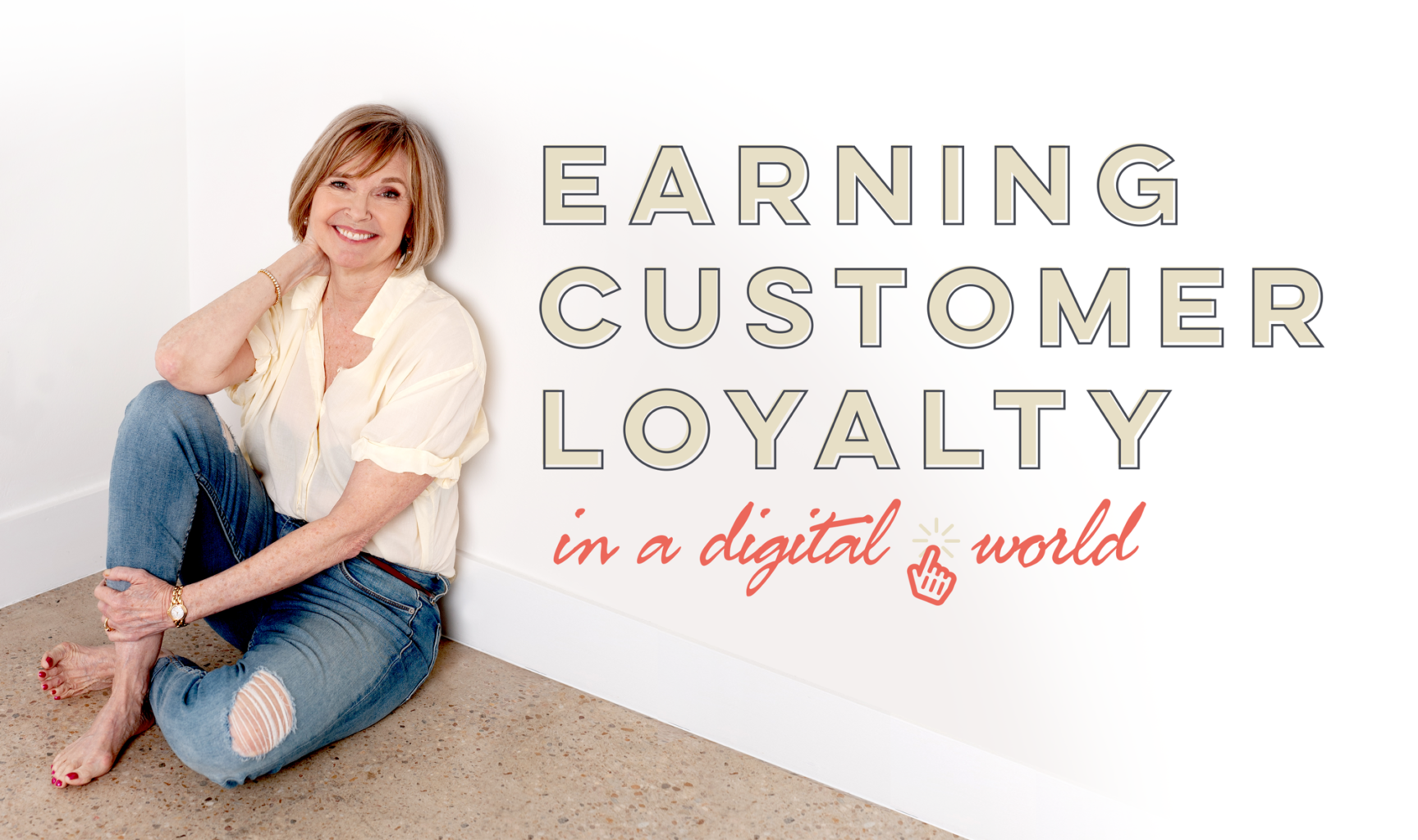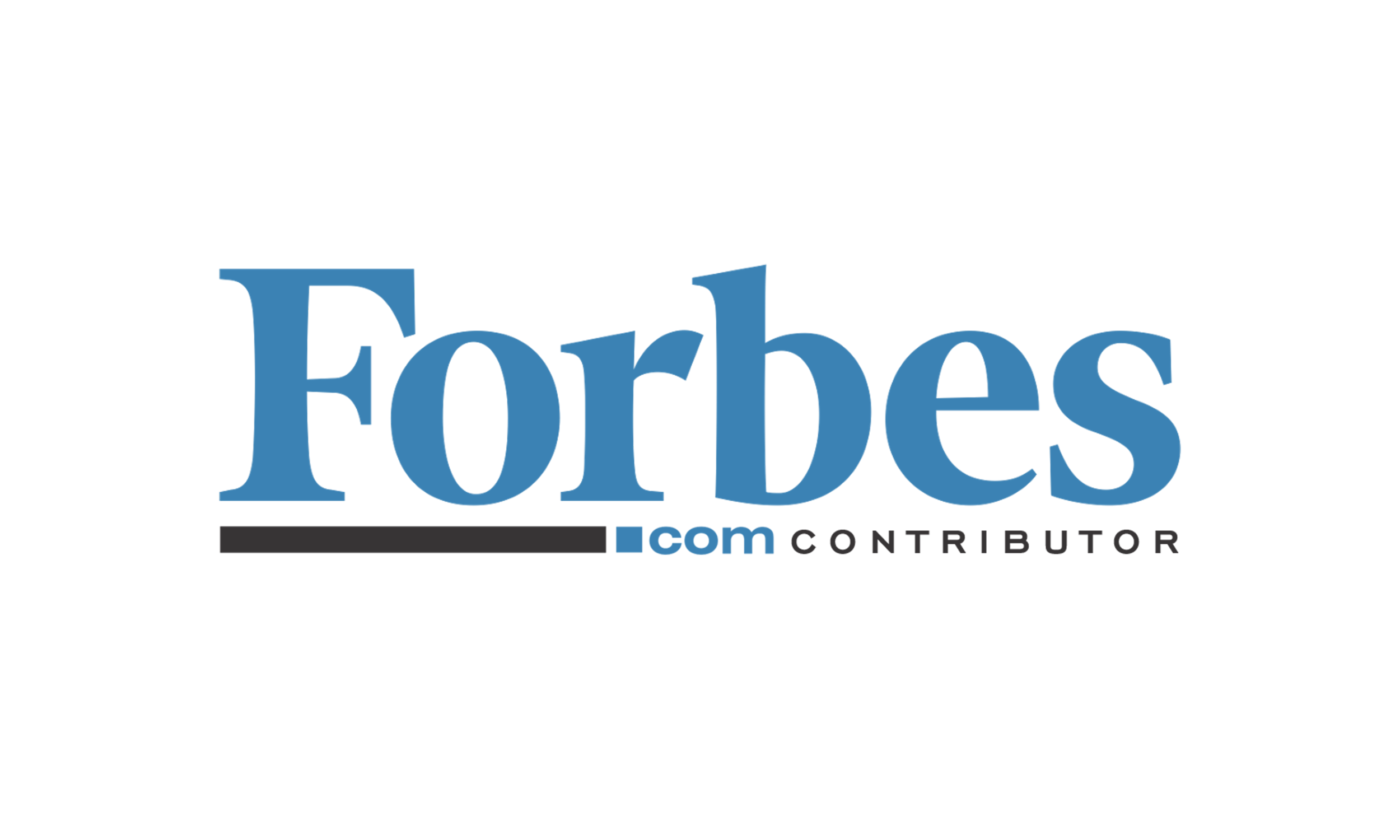
Rethinking The “Tried And True”
As Chief People Officer, Tracey Mikita spearheads the development and execution of Vena’s people strategy, culture initiatives and employment brand evolution.
Tracey is passionate about delivering an amazing candidate and employee experience that supports Vena’s business strategy and growth plans. She has experience across a variety of industries, including both high-growth technology and large corporate organizations.
I had the opportunity to interview Tracey recently. Here are some of the highlights of that interview:
Jill Griffin: What was the biggest obstacle you’ve encountered during your career, and how did you handle it?
Tracey Mikita: One of the biggest obstacles I’ve encountered in my career would be my very first experience managing people. I was working for a great company called General Electric where they loved to put people in cross-functional roles. I originally worked within HR and soon after became a supervisor on the plant floor for a period of time as a development opportunity. The leaders in that business had a lot of faith in me. So much so, that they threw a 20-year-old woman with limited experience into a division where I’d manage men in their forties and fifties. When I first walked onto that team, I had a lot of work to do to gain their respect and trust. I spent my first three months in that leadership role trying to get to know them, build their trust, and understand how the business ran. Surprisingly when it was time to part from that team, they were sad to see me go and threw a big celebration as I transitioned back into HR. Even though the first few months were really challenging, it was a great opportunity. Being supportive, authentic, and leading with dignity and respect really helped me grow into my role here at Vena in the long run.
Griffin: What did the process of switching to a virtual onboarding program look like?
Mikita: Vena did not plan to go virtual, but we were doing a lot of work on our onboarding program six months prior to the pandemic. Once COVID-19 struck, we needed to make a very quick transition and that we did. Imagine sitting in an office on a Thursday and being told that you will not return the following week because of a pandemic and you have 10 new employees expected to start that following Monday. I pulled my team together in a matter of just four days and created an all-virtual onboarding experience that was receptive to feedback, interactive, flexible for employees with families, and applied an overall positive new hire experience. As a company, we were fortunate to already have a solid program in place for day one. We were able to take many pieces of that day one program and go from being classroom led to Zoom led. As for the technology piece, we work for a software company, so the technology came fairly easy to us, making it a relatively seamless transition. As for the hiring process, when we are looking for employees we call them in cohorts. So every couple of weeks, we would have a new cohort ranging from more experienced candidates to a co-op group of students in May. We truly believe that allowing these people to onboard together helps them build relationships that are truly part of what our core values are all about. Whether you’re in product development or finance, you’re starting to meet people and develop those connections across the business.
Griffin: What type of feedback have you received regarding this program?
Mikita: We survey all of our folks that onboard with us after day one and then again about six weeks later. So far, we’ve seen extremely positive feedback from our people that started over the past two or three months. The survey itself asked questions around the level of engagement, onboarding experience, and if the role and/or company values were what they thought they would be. We’ve found that our results have either stayed the same or increased from previous surveys that we did prior to COVID-19. One thing in particular that people often say is that they’ve felt a true connection to the company, even though they’ve been completely virtual. It’s hard to develop relationships when you aren’t passing by people in the office and the fact that they’ve come on board, learned about our values and participated in fun events like our virtual company talent show, shows that there are various ways for organizations to connect. Which again, is a big part of our core values here at Vena.
Griffin: What are some big lessons you learned from this?
Mikita: The number one thing, especially during times like this would be flexibility and agility. When we started the first March cohort, we did things one way, but after analyzing the feedback people gave, we considered a bunch of different factors and began tweaking our onboarding process, making it better and better ever since that day. Before people even started in their role, we did a lot of upfront communication as well. With COVID-19 being at its peak, all of our new hires who were planning to start with Vena feared they would lose their jobs. To prevent any further concern, we provided a weekly cadence of communication where we sent employees a note saying here’s an update on what’s going on and yes, we’re still expecting you. That itself has been a really positive lesson, not only for me but for everyone across the organization. Vena also chose to move our town halls from monthly to weekly. At first, we thought we’d see a drop off in participation, but we’ve actually seen a consistent number of folks joining every single week just to hear what’s going on with the company. That over-communication piece is what’s really important during times like this and is a pretty valuable lesson, to say the least.
Griffin: What’s your favorite moment during your time at Vena?
Mikita: To start, my primary role as chief people officer is to make sure that ‘Venanites’, people that work at Vena, have a great experience while they’re here. Whether they are onboarding, have been with the company for years, or decided it’s time to move on, I focus on making sure that everyone has that positive employee experience. For me, seeing how people grow and develop from one level to the next is a great example. I started at Vena three years ago and when I came on board, one of the individuals on my team was in a recruiter role and now she’s a senior HR business partner. The amount of growth she’s had in both personal and professional development over the past three years is amazing. It truly warms my heart to see people progress and be challenged to take on new things, that’s my favorite moment.
Griffin: What has been the biggest inspiration in your career?
Mikita: It would have to be my mom. I say this because growing up, most of the moms stayed home while the dad went to work. But my mom was one of very few in my grade or group that had a career and worked full-time. She instilled in me this passion to work hard and have a great career but also balance it with great family life. Because of this, I never missed out on anything growing up. As part of who I am and part of what I try to do for people here at Vena, is to support them in balancing that type of work-life.
Griffin: What is the best leadership advice that you’ve received? Who was it from and how has it impacted your life?
Mikita: It was actually something I observed early in my career versus advice given to me directly. But in one of my very first jobs, I worked alongside a leader who was very authoritarian. There was no collaboration or empathy for people. It was all about business all the time. I saw how it directly impacted the organization when operating that way and it drove me early on in my career to think about being an authentic leader and having an “it’s about we not about me” type of mentality. I truly believe that you can build a culture around leading authentically and being respectful. I think it was a great observation early in my career that helped me form these long-term values.



